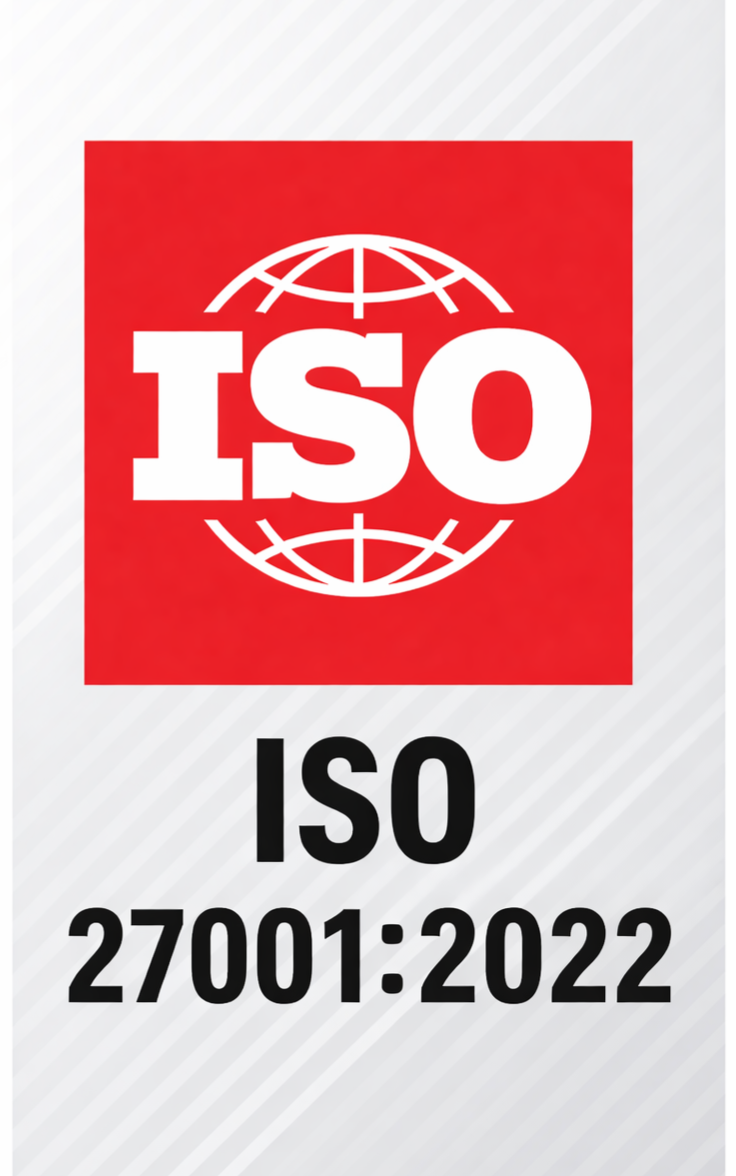“If You Raise the [Price of the] Effing Hot Dog, I Will Kill You”: A lesson in shielding customers from price increases
In today’s business landscape, where inflation and technological advancements continually drive up operational expenses, companies face a pivotal decision: absorb these costs or pass them onto customers. Many firms have opted for the latter, leveraging contractual clauses that permit price hikes at their discretion. Streaming giant Netflix, for example, has implemented multiple price increases in recent years, citing rising content creation and licensing costs. Similarly, certain HR software providers have “innovation fees” on top of their annual license fees, ostensibly to fund continuous development – a service one might expect to be included as a basic.
In the past few years, consumer price inflation reached levels unseen in many countries since the 1990s. In the US, inflation peaked at 9.1% in June 2022 before receding to 2.8% in February 2025. The Eurozone has similarly grappled with escalating inflation, peaking at 10.2% in October 2022. In response, many companies adjusted their pricing to the detriment of consumers. The emerging international trade tariff conflict risks driving inflation higher once more.
Compounding these challenges, technology companies are subject to ever increasing IT security, data protection, and certification requirements and risks, all of which increase costs, e.g., sophisticated infrastructure and monitoring tools.
Since starting to commercialise our technology in 2020, PeopleWeek has never increased prices for our customers. Our growth trajectory has enabled us to absorb inflation in a way that is far more difficult for slow (or negative) growth companies. We are proud of this.
Our philosophy mirrors the legendary stance of Costco’s co-founder, Jim Sinegal, on maintaining customer value. In 2013, then-CEO Craig Jelinek proposed raising the price of Costco’s iconic $1.50 hot dog and soda combo. Sinegal’s response was unequivocal: “If you raise the effing hot dog, I will kill you.” The cost of the $1.50 hot dog and soda combo has not increased since 1985.
Growing companies are uniquely positioned to internalise inflationary and innovation-related costs. Protecting customers from inflationary price increases is also a mindset. It drives companies to be very cost focused and innovate. In contrast, mature companies often grapple with entrenched ways of working and shareholder expectations that prioritise short-term profits over customer satisfaction. This can lead to frequent price adjustments, eroding consumer trust and loyalty over time.
Of course, swallowing rising costs rather than transferring them to customers is not merely a financial decision but a strategic one. As the anecdote from Costco illustrates, sometimes, maintaining a steadfast price point is about more than just the numbers – it’s about preserving the trust and loyalty that underpin long-term success.
Customers are quick to notice when companies pass inflation-driven price increases onto them – especially when it seems those increases go beyond necessity. But when a company quietly absorbs rising costs for years, it often goes unnoticed. No one says thank you. We appreciate the many businesses that have worked hard to manage rising costs without passing them on to their customers. These efforts may often go unnoticed, but they make a real difference and contribute to the strength of the broader economy we all depend on.






